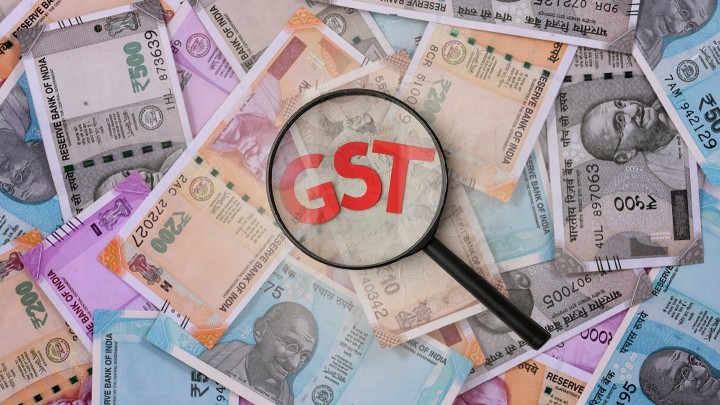GoM chase legal opinion on GST rate
A group of ministers (GoM) in India are chasing a legal opinion to distinguish between horse racing, casinos, and online gaming for taxation purposes relating to the Goods and Services Tax (GST).
The move, which industry observers and those within the gaming sector welcome, should allow the government to create progressive and exciting tax policies, ensuring respective industries and growth flourish.
The report is subject to final approval from independent law experts, according to a report by the Financial Express. Roland Landers, CEO of the All India Gaming Foundation, says: “The GoM recognising the constitutional and legal difference and nuances of online games is very promising. We are hopeful that the GoM will arrive at a progressive and constitutionally sound recommendation for rate and valuation for our industry.”
Despite the overwhelmingly positive response from the gaming sector, some questions remain. What are the legal ramifications of splitting horse racing and casinos into tax brackets? Why does it remain important to establish an independent authority with powers to provide the best class regulatory services to the Indian government and its citizens?
Why was the GST Tax Rate so unpopular?
Previously, the GST was a flat 28% rate on all online gaming activities and an 18% rate currently covered by the company providing the service. Moreover, the GST rate did not differentiate between games of skill and chance betting online, which was a particular gripe of leading industry figures.
The CEO of E-Gaming Federation, Sameer Barde, had claimed that the proposals could wreak havoc on an industry brimming with potential. He said: “Such a step (increase in tax rate on a higher base) is not only in dissonance with international best practices but is also violative of the principles of GST. Essentially, online skill gaming operators are platforms which bring players from various geographies together. The money pooled is eventually distributed to the winning player. The platform charges a predetermined fee, known as GGR, and pays tax on that. If you were to charge an increased tax rate on the entire quantum (pooled money plus commission), it is not only principally incorrect but will also annihilate this sunrise sector.”
The firm views of Mr Barde and other industry insiders had the desired effect – Meghalaya Chief Minister, Conrad Sangma, acknowledged this in his Tweet: “Chaired a meeting of the GoM on casinos, race courses & online gaming in New Delhi. After taking the opinion of stakeholders & after successive meetings to seek the suggestions of all members, we will take legal opinion before submitting the final report.”
Why it makes sense to separate the sectors
Under previous rules, those battling their fellow players for pooled prize money in an eSports competition would have had to cover the same tax as those betting on online casino games.
It makes sense to distinguish between the two, and there are real hopes this decision is the beginning of a more innovative and agile approach that benefits the grassroots of Indian society.
However, the issue remains a lack of any independent regulatory body for each sector – particularly in gambling. Illegal betting continues to be rife throughout the country, with thousands driven to place bets with underground criminals rather than through regulated, government-controlled online cricket betting in India.
A recent paper by ENV Media, Sports Betting: India’s Favorite Invisible Giant, found: “When India’s national cricket team plays a One-Day International match (ODI), illegal betting amounts to around USD 200 million per game. The combined amount over the year, including the League season and any international competitions, reaches USD 150 billion (~Rs 10 lakh crore in 2016 exchange rates), according to the International Centre for Sports Security, a think tank and lobby group based in Doha. The elephant in the room has been addressed several times by authorities, albeit timidly and without conviction.”
They believe the will is already there for national betting industry regulation: “When and if the Central Government of India realizes that there are consistent voter bases that would readily support sports betting and online gaming regulations, we might expect changes in the legal scene, probably rather swift ones as well.”

